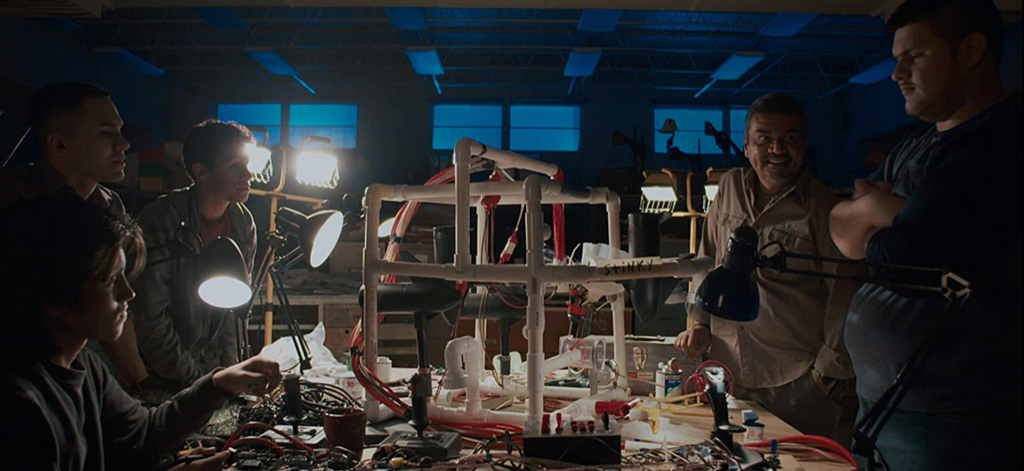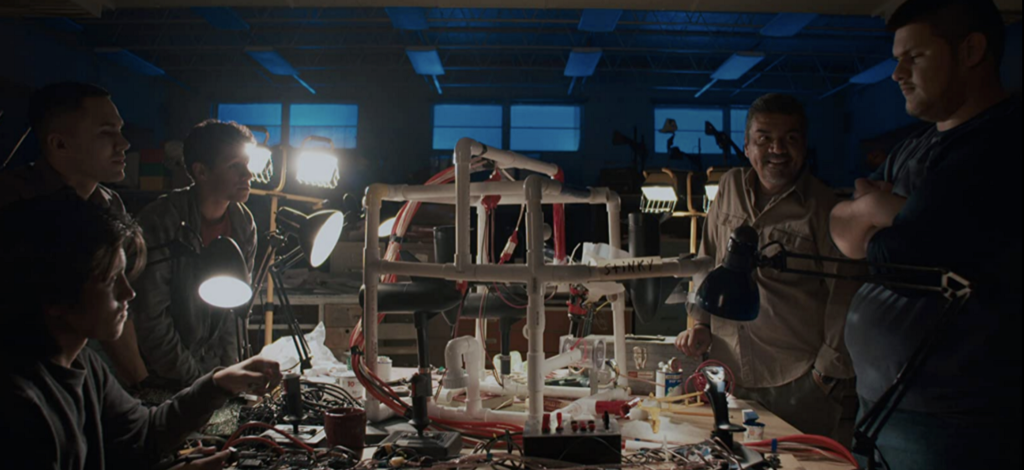By: Alex Roy via the No Parking Podcast

Are you bored of armchair experts? I am. I like people who get their hands dirty before they start talking. On this episode of the No Parking Podcast, screenwriter and Epic Media founder Josh Davis joined Bryan Salesky and me to talk about playing Russian roulette with John McAfee, hanging out with Elon Musk, how and why people might come to trust autonomous vehicles, and his latest movie project, in which the CEO of a self-driving car company is charged with manslaughter.
“I was interested in this movie in the 50’s called 12 Angry Men,” said Davis. “It takes place in one room and it’s a jury trial. The 12 people have to decide the guilt or innocence of a murderer. In the script that Walter and I wrote, we imagine the CEO of a self-driving car company on trial for manslaughter. And the jurors have to decide who’s responsible.”
One might assume Davis is pessimistic about self-driving technology, but that’s not true at all. His views are influenced by conversations with people like Musk, Sebastian Thrun, and even Bryan’s mentor from the DARPA Challenges, Red Whittaker.
“I just think that in all the hype, we’re losing sight of the fact that humans are not that good [at driving], and that [self-driving cars] are probably at the same level, if not better,” said Davis. “It’s very American for us to want to drive and be in control, and yet that has led to 38,000 deaths a year.”
Although Davis believes in the power of technology to improve people’s lives, he’s wary of the cult of personality that often accompanies it.
“I think we need proselytizers,” he said, “but it’s also a little bit dangerous to overly associate a technology with a person. Think about computers. A computer’s a computer, right? And there’s lots of people responsible for computers. We don’t say, ‘Oh, Bill Gates.’ Right? He had a big role to play. But your analysis of the value of a computer is not based on how you feel about Bill Gates.”
The biggest surprise? Davis was more optimistic about the current state of autonomous technology than most engineers actually working on it. Was he comfortable putting his kids in a self-driving vehicle?
“I’m already there.”
Like and subscribe to more from the No Parking Podcast here and here.
